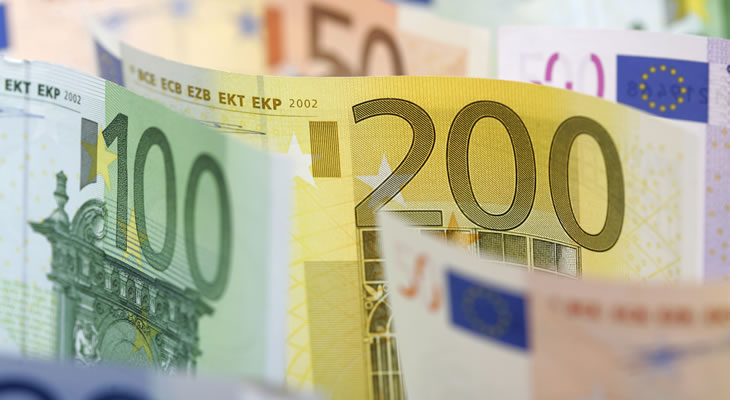Euro Pound Sterling (EUR/GBP) Exchange Rate Softens as German Factory Orders Slump
An unexpected slump in German factory orders left the Euro to Pound Sterling (EUR/GBP) exchange rate on a narrow trend, fuelling doubts over the health of the Eurozone economy.
Orders contracted -2.5% on the month in April, resulting in the fourth consecutive month of declines as both domestic orders and those from Eurozone neighbours continued to weaken.
This suggests that the Eurozone’s powerhouse economy remains in a softer state than markets would like, reducing the chances of a significant second quarter rebound in growth.
As Carsten Brzeski, Chief Economist at ING, commented:
‘Normally, an increase in new orders after three consecutive drops looks as safe a bet as predicting tomorrow’s sunrise. However, it seems that today the sun did not rise for German industry. It will get harder and harder to explain these monthly drops with one-offs like the weather or the timing of holidays. In fact, evidence is piling up that the soft patch at the start of the year has been more serious than previously thought.’
Nevertheless, this weak showing failed to weigh down Euro (EUR) exchange rates thanks to heightened hopes that the European Central Bank (ECB) is returning to a tightening bias.
EUR/GBP Exchange Rate Vulnerable to Higher UK Inflation Expectations
Although the Halifax house price index showed a moderate recovery on the month this failed to put any significant downside pressure on the Euro to Pound Sterling (EUR/GBP) exchange rate.
While prices picked up on the month this was not enough to prevent a slight loss of momentum in the rolling three month average, which dipped from 2.2% to 1.9%.
This did not encourage any particular sense of confidence in the outlook of the UK housing market, especially as Brexit-based uncertainty continues to cast a shadow over the domestic economy.
Confidence in Pound Sterling (GBP) could pick up ahead of the weekend, however, if the Bank of England (BoE)/TNS inflation attitudes survey proves positive.
Any signs that inflationary pressure is likely to pick up once again over the coming months could boost GBP exchange rates.
If the odds of an August interest rate hike from the BoE continue to rise the EUR/GBP exchange rate may struggle to gain any particular traction.
Falling German Exports Forecast to Dent Euro Pound Sterling (EUR/GBP) Exchange Rate
Further pressure is likely for the Euro to Pound Sterling (EUR/GBP) exchange rate on the back of April’s German trade data.
Forecasts point towards a monthly contraction in export volumes, something which appears more likely in the wake of the disappointing factory orders figures.
If the German trade surplus narrowed as forecast in April this could prompt the Euro to fall further out of favour with investors.
Unless there are signs that the Eurozone’s powerhouse economy is recovering ground the mood towards EUR exchange rates looks set to turn increasingly bearish.
On the other hand, any uptick in exports could offer the Euro to Pound Sterling (EUR/GBP) exchange rate a rallying point ahead of the weekend.


Comments are closed.